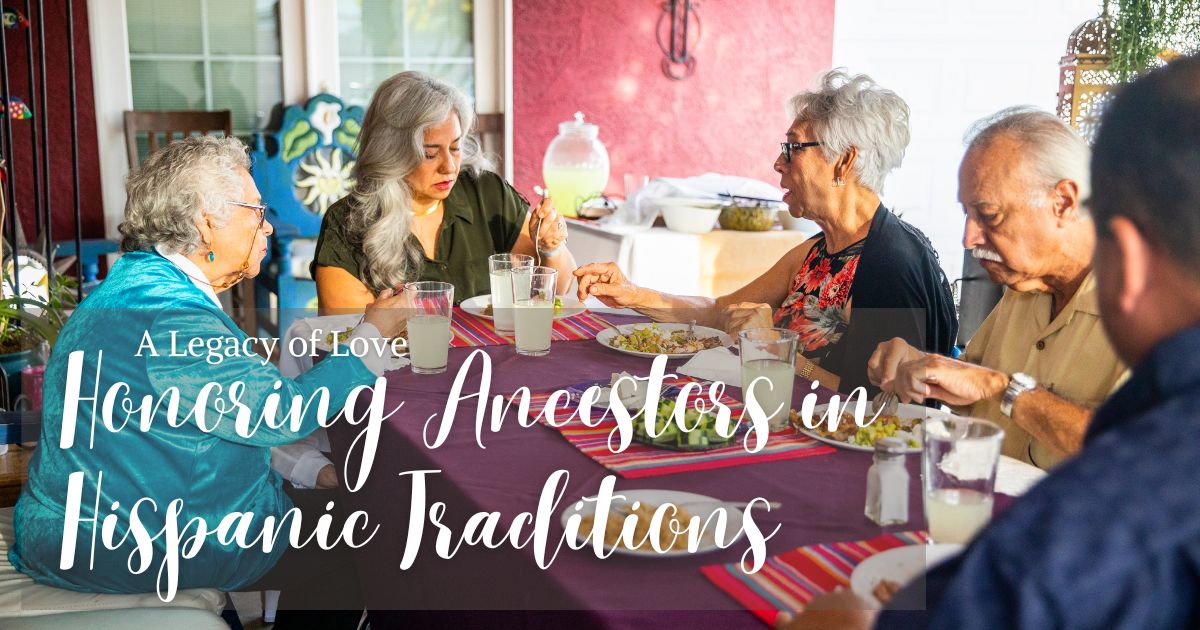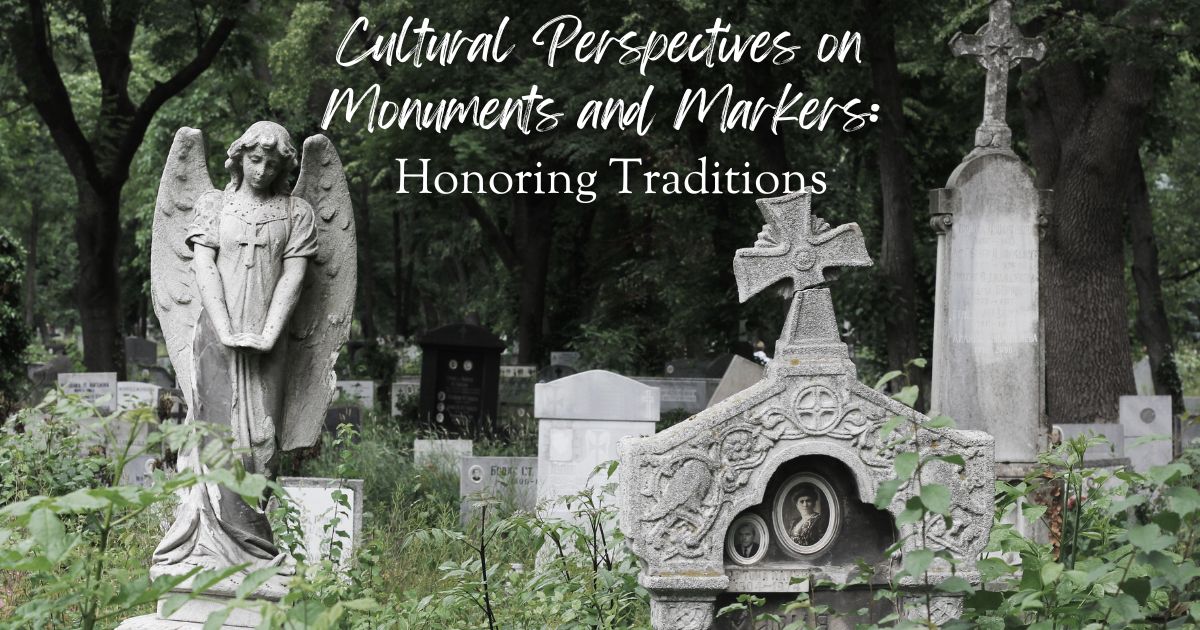
In Hispanic cultures, the bond between the living and those who have passed is more than just a memory—it’s a vibrant, enduring connection that weaves through generations. Honoring ancestors isn’t just a tradition; it’s a way of life, a way to keep love, stories, and cultural identity alive. These practices remind us that our loved ones are never truly gone as long as we carry them in our hearts and traditions.
One of the most beautiful examples of this is Día de los Muertos, or Day of the Dead. Far from being a somber occasion, this celebration is a joyful tribute to those who have passed. Families create colorful ofrendas (altars) adorned with photos, candles, marigolds, and their loved ones’ favorite foods and drinks. It’s a way to invite their spirits back to join in the celebration, to laugh, remember, and honor the lives they lived. The message is clear: death doesn’t erase a person’s presence—it transforms it into something eternal.
But the tradition of honoring ancestors goes beyond Día de los Muertos. In many Hispanic households, it’s common to keep recuerdos (mementos) of loved ones—a cherished photo on the wall, a piece of jewelry, or even a recipe passed down through generations. These small but meaningful acts keep the memory of ancestors alive in everyday life. Stories are shared, often with laughter and tears, ensuring that the wisdom, struggles, and triumphs of those who came before are never forgotten.
Religious practices also play a significant role in honoring ancestors. Many Hispanic families hold novenas, nine days of prayer, to honor the deceased and seek their guidance. Candles are lit, prayers are said, and families come together to reflect on the legacy their loved ones left behind. These rituals provide comfort and a sense of continuity, bridging the gap between past and present.
Even in moments of grief, Hispanic traditions emphasize celebration over sorrow. Funerals and memorials are often filled with music, food, and shared stories. It’s not just about saying goodbye—it’s about celebrating a life well-lived and acknowledging the impact that person had on their family and community. This approach to honoring ancestors fosters resilience, reminding us that love and legacy are stronger than loss.
At the heart of these traditions is a simple yet profound truth: our ancestors are the foundation of who we are. By honoring them, we honor ourselves and the generations to come. These practices teach us to cherish our roots, to find strength in our heritage, and to pass on the values and stories that define us.
So, whether it’s through an ofrenda, a family recipe, or a quiet moment of prayer, Hispanic traditions remind us that love transcends time and space. Our ancestors may no longer be with us in person, but their legacy lives on—in our traditions, our stories, and the love we share with one another.





